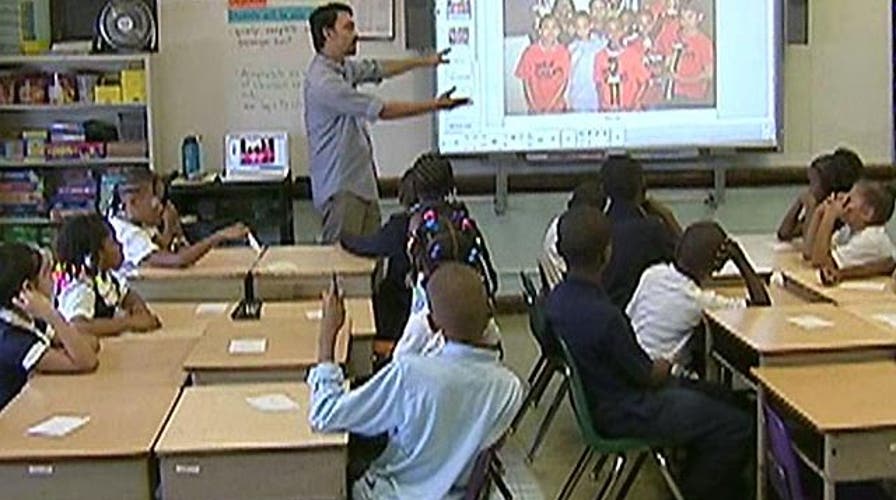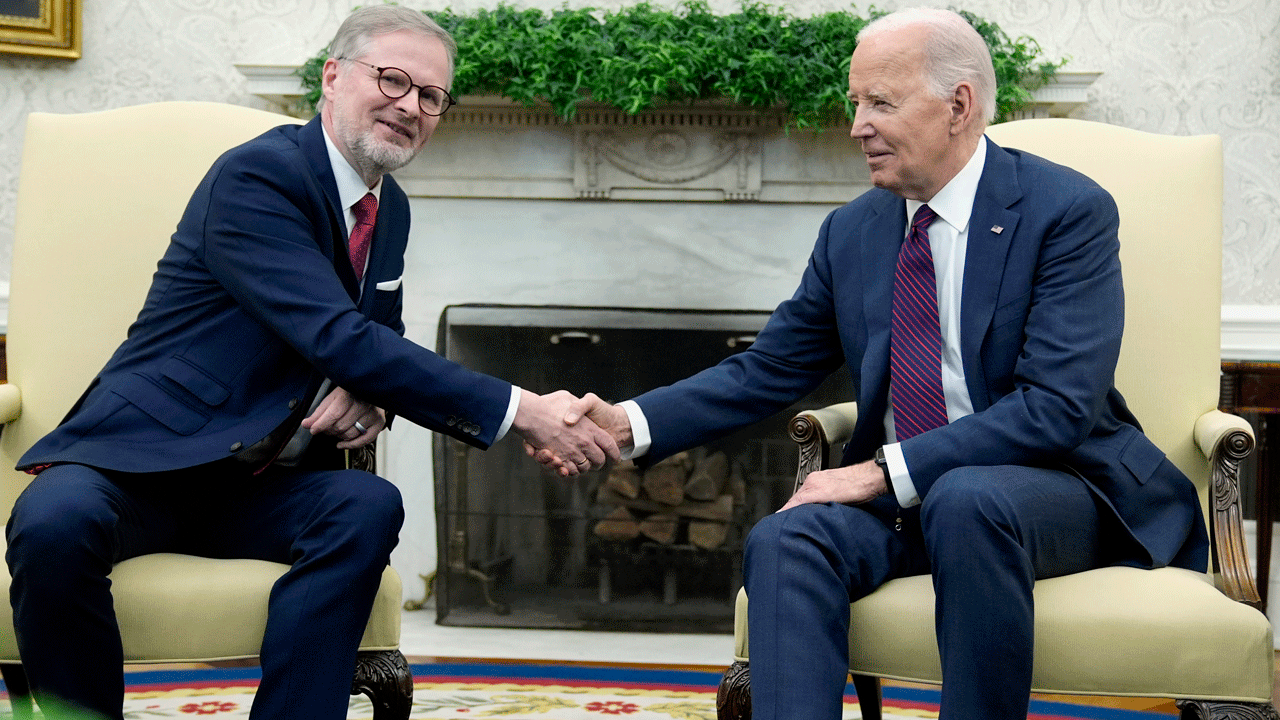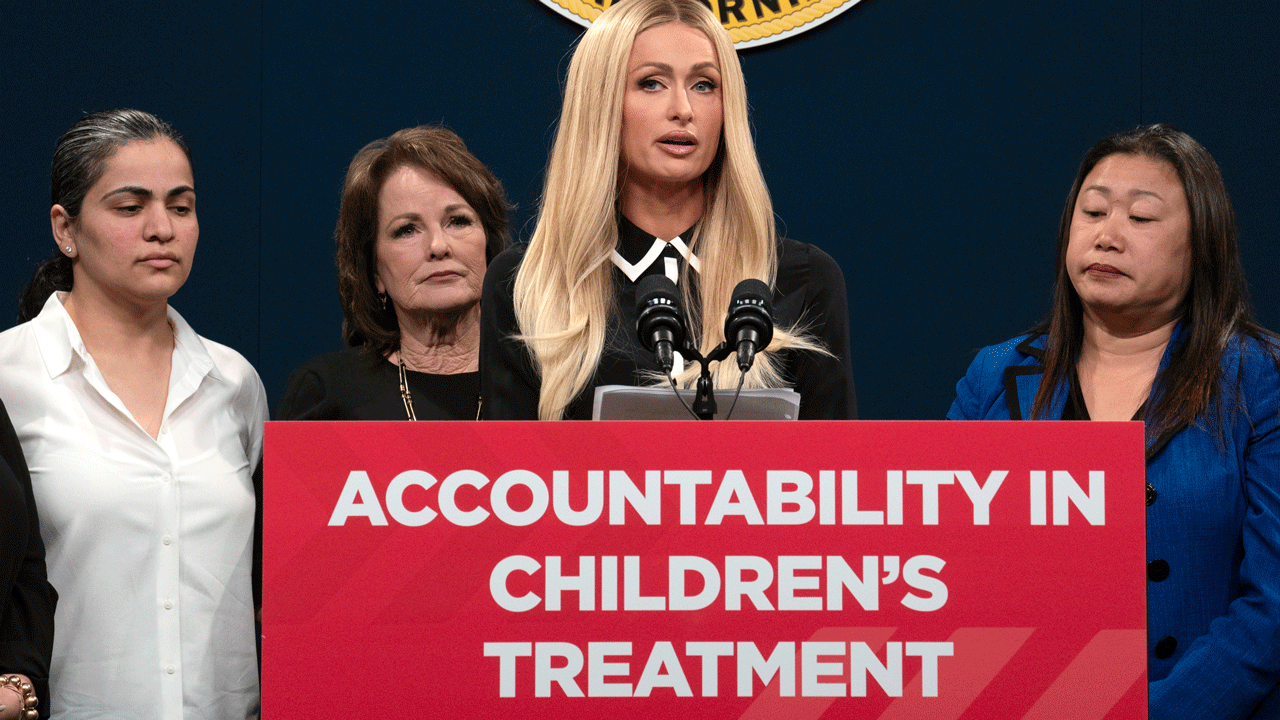GOP senators want states in control of education spending
Sens. Alexander, Scott seek more choices for parents
As President Obama continues to highlight what he calls the "income inequality" gap, two GOP senators say they've got a way to close it.
Sens. Lamar Alexander, R-Tenn., and Tim Scott, R-S.C., are offering companion proposals aimed at giving parents more options when it comes to how federal tax dollars are spent on K-12 education.
Alexander's Scholarships for Kids Act would direct billions in federal education dollars to states, which could then individually decide how to allow parents to use that money.
"If you had to ask Americans one single thing that was likely to make the most opportunity in helping you move from the back of the line to the front, it would be a good education," he said.
Alexander is hopeful parents could use public money to move their children from failing public schools to charter or private schools - or simply to better-performing public schools.
Scott's CHOICE Act is aimed at giving more education flexibility to military families, those with children facing physical challenges and students in impoverished areas. Scott, who grew up in a single-parent home, says he realized how important education was when he nearly flunked out of high school and a mentor took him under his wing.
"Too many of our kids are sold a bill of goods that there is no chance to escape poverty when, in fact, school choice provides a bridge for that student who has potential to realize it," he said.
Skeptics like Thomas Gentzel, Executive Director of the National School Boards Association, say there's no proof allowing tax dollars to move with students is of any real benefit.
"We certainly haven't seen any consistent evidence anywhere in the country that these kinds of programs are effective or producing better results," Gentzel said.
Gentzel also worries about the negative impact of taking funding away from already-struggling public schools.
"That kind of compounds the problem for those schools, makes the hill even steeper for them to climb in terms of providing great education for their students," he said.
Unions, like the National Education Association (NEA), adamantly oppose the idea of allowing taxpayer money to follow students.
The NEA calls the concept of choice and vouchers an "elitist strategy," adding that it often winds up "circumventing the Constitutional prohibitions against subsidizing religious practice and instruction" by allowing public money to flow into religious schools.
Both Alexander and Scott say critics are often more worried about keeping a chokehold on funding and union control, rather than making students the top priority. Alexander says he finds it difficult to understand why those on the left are in favor of the GI bill for veterans, Pell Grants and student loans - calling them all "vouchers."
"But they're against trying the same idea for the poorest children to give them the chance to go to the best elementary school or high school," he said.
Alexander and Scott say they are "hopeful" they'll find Senate Democrats willing to join their efforts. Meanwhile, the House has already passed an education measure that includes several similar components.





